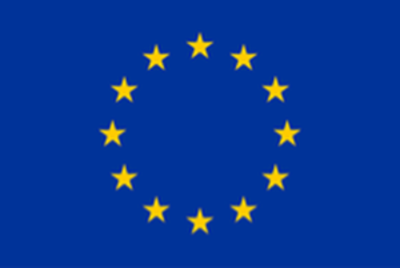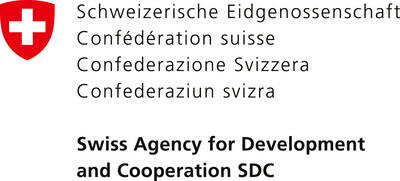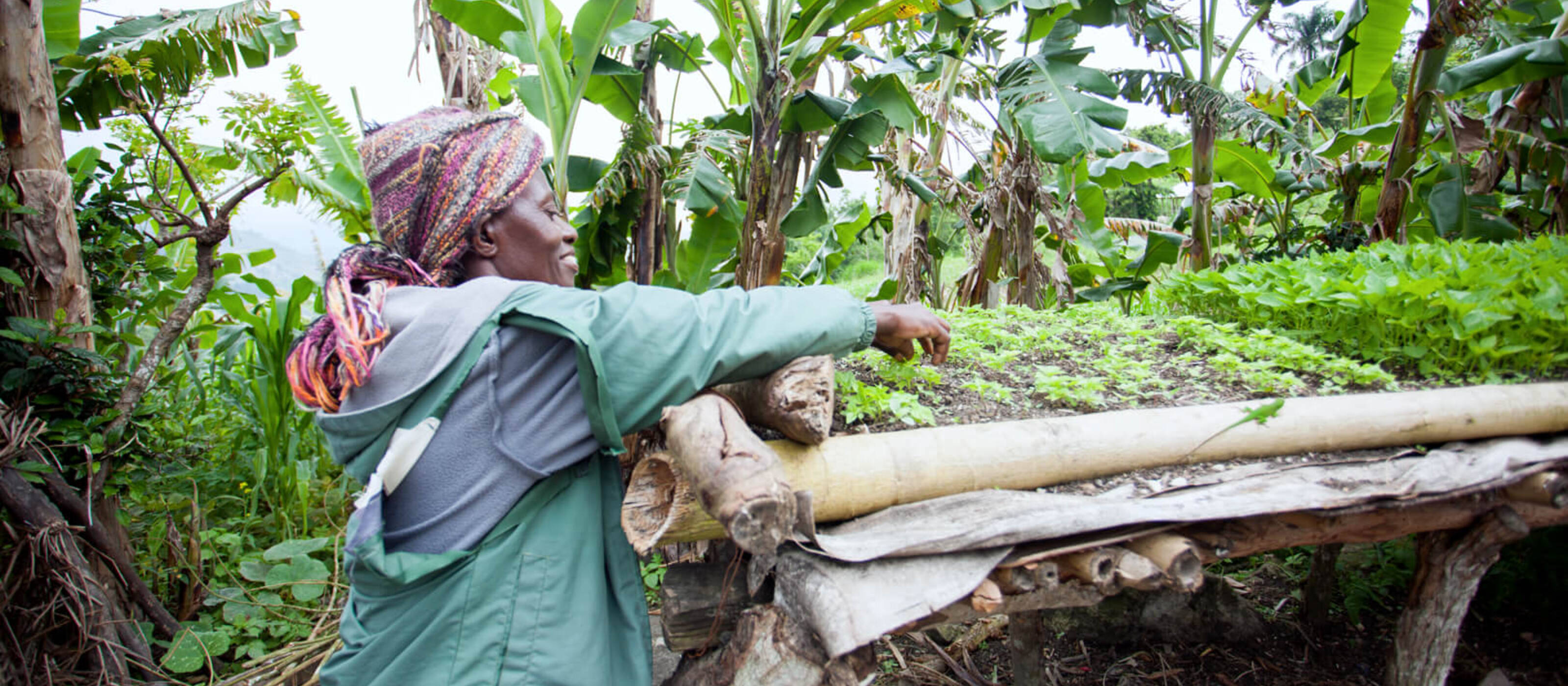

Haiti
What we do
Caritas Switzerland’s engagement in Haiti began with an emergency response over 40 years ago. Since then, its strategy has combined humanitarian and development approaches, given the country's extreme fragility. The objective of Caritas Switzerland’s country strategy for the 2021-2025 period is to contribute to the eradication of poverty in Haiti through the implementation of projects and programmes linked to income and climate.
Haiti is in the midst of a dramatic humanitarian, socio-political and security crisis. According to the Humanitarian Response Plan (OCHA), more than 5.2 million Haitians - almost half the population - are in need of humanitarian aid and protection. The number of people in need has tragically doubled in five years. More than half the Haitian population faces endemic food insecurity, and 22% of children suffer from chronic malnutrition. At the same time, a cholera epidemic and gang wars threaten not only health, but also the livelihoods of the population.
Raising incomes and creating employment opportunities are therefore key aspects in its development. To help vulnerable people access healthy, nutritious and environmentally friendly food, emphasis is placed on increasing production by small producers and developing inclusive market systems. In addition, Caritas Switzerland supports young and other vulnerable people to access high-quality technical training to allow them to successfully join the labour market.
Haiti is particularly vulnerable to climate change, which is increasing the frequency and intensity of natural disasters affecting the country. Caritas Switzerland supports Haitian producers in adopting renewable energy sources, such as biomass and solar, and encourages agricultural practices that protect the environment through reforestation and sustainable water management. Caritas Switzerland also promotes the establishment of disaster preparedness strategies.
Caritas Switzerland implements projects in Haiti through the country office in Le Cayes and works in partnership with local organizations and multi-sectoral consortia to strengthen the sustainability and localisation of activities.
Objectives
Income
Caritas enables youth, women, smallholders and other vulnerable people to increase their income thanks to improved skills and a more inclusive agricultural market system.
- Smallholders and other value chain actors have gained access to the information, tools and services needed to improve the production and processing of sustainable products and nutritious food as well as market-related services and business contacts to enter higher added-value markets.
- Youth, women and other vulnerable people have gained access to high-quality non-formal and formal vocational skills development.
Climate change
The basis of life is sustainably secured through the use of natural resources, adapted to climate variability and change, which takes into account the health of the supporting ecosystems.
- Energy-efficient technologies (ovens, photovoltaics and renewable energy sources) make households less dependent on natural resources.
Emergency aid
Communities in humanitarian crisis situations can cover their basic needs.
- People in humanitarian crisis situations are supported in their basic needs and get access to services in a safe, accessible and participatory manner.
- Communities in humanitarian crisis situations are supported in the rehabilitation of basic infrastructure.
Snapshot
- Engagement in the country for over 40 years
- Our main partners: Caritas Les Cayes, Caritas Haïti, Chambre de Métiers et de l'Artisanat d'Haïti (CMAH), Collège National des Ingénieurs et Architectes Haïtiens (CNIAH), Fédération Nationale Des Femmes Maires D’Haïti, GADEL, Giradel Haiti, Institut National de Formation Professionnelle, Ministère de l’Éducation Nationale et de la Formation Professionnelle (MENFP), Swisscontact
- Our main donors: Swiss Agency for Development and Cooperation (SDC), European Union*, Medicor Foundation
*This is funded/co-funded by the European Union. Its contents are the sole responsibility of Caritas Switzerland and do not necessarily reflect the views of the European Union.
Downloads

Country Strategy Haiti 2021-2025
in French
Download (pdf, 890.42 KB)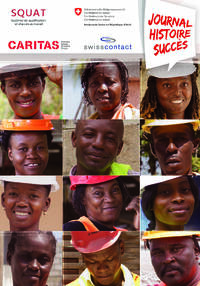
Journal histoire succès
in french - Report about the project p180068 «Vocational training in the construction sector, and access to skilled employment»
Download (pdf, 8.41 MB)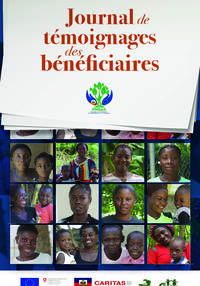
Journal témoignages des béneficiaires
in french - Report about the project p180067 «Food security in the North-West is strengthened»
Download (pdf, 13.86 MB)Contacts

Jeannette von Däniken
Programme DirectorHead OfficeLucerne, Switzerland
+41 41 419 23 54jvondaeniken@caritas.ch
Header image: A woman in Haiti tends her garden in order to ensure the sustainable feeding of her family © Phalonne Pierre Louis
